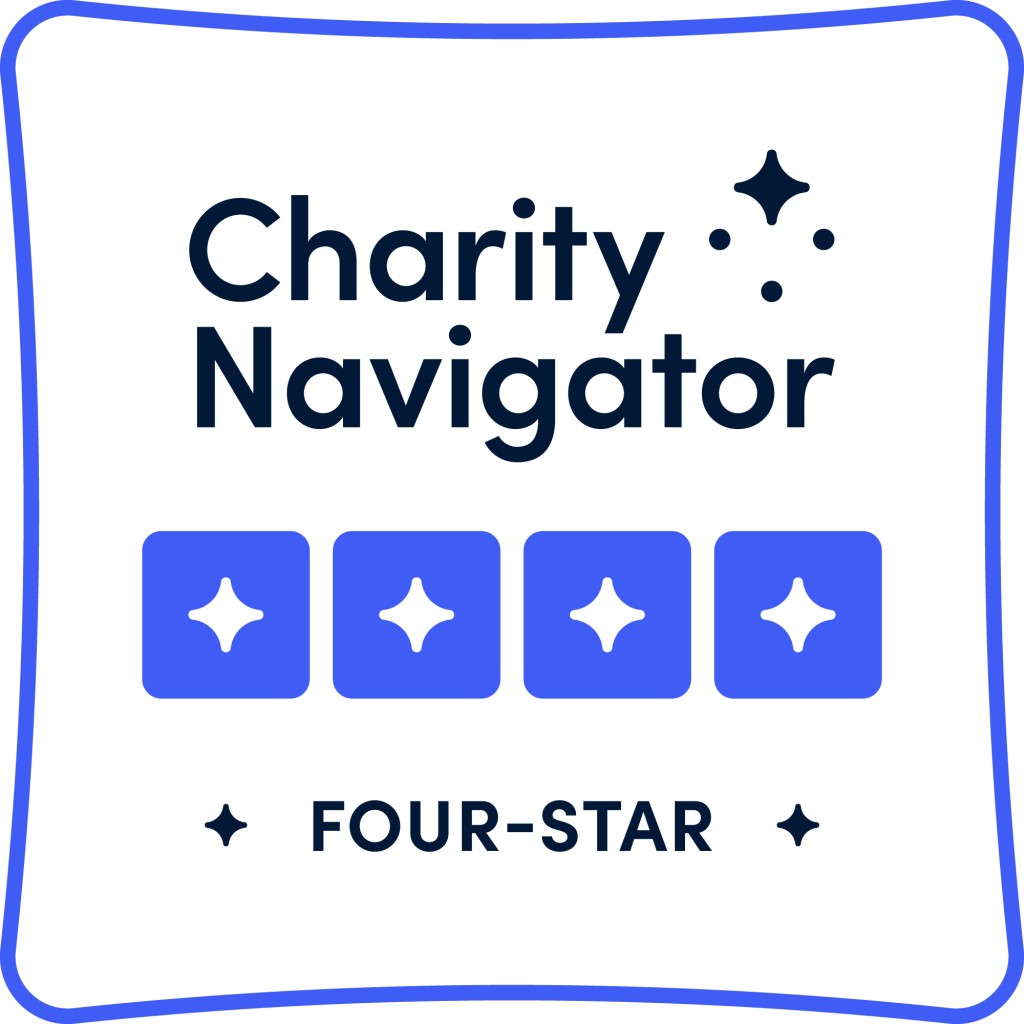In their vision to eliminate ovarian cancer, the Department of Defense’s Ovarian Cancer Research Program (OCRP) was created to support critical research to “prevent, detect, treat, and cure ovarian cancer.” Since its inception in 1997, the OCRP undergoes a peer review process to determine which research should be funded. Patient involvement is very important from the beginning of the review process and adds a unique perspective and a sense of urgency. Not only are researchers and gynecologic oncologists at the table, but also at the table are ovarian cancer patients, survivors, advocates, family members, and/or caregivers. This coalition of individuals from across the ovarian cancer community provides insight and feedback on the final research recommendations, which ultimately help move ovarian cancer research forward worldwide. The NOCC sat down with two ovarian cancer survivors, Ilana Feuchter and Sachia Powell, who have been past peer review participants to learn more about the program and why it is vital that survivors have a seat at the table to help steer the future of research.
Why did you initially decide to participate in the OCRP program?
Ilana Feuchter (IF): Like so many other survivors, I spent a lot of time on the internet when I was initially diagnosed. The more I learned, the more questions I had and the more I wished I’d paid closer attention in biology class. Over time, I kept googling unknown words or phrases until I realized I understood quite a bit for someone without any medical training. When I first heard about the program, I thought it would be a beautiful way to combine what I’d learned with my experience as a patient to potentially help advance ovarian cancer research.
Sachia Powell (SP): It is important to me that survivors have a voice in what gets funded, and I was excited to help contribute to that voice.
Please describe what is expected of survivors who serve on the panel.
IF: Survivors have the same voting privileges as the scientists who sit on the panel. They are not, however, expected to understand the science behind a given study. That’s what the scientists and physicians are there for! I’ll be honest that sometimes when they talk, it is like listening to a foreign language. That said, survivors are there to speak about the patient experience. We are told to focus on whether funding a given study would make a significant impact to those diagnosed with ovarian cancer or those who might be in the future.
SP: Survivors are expected to read all the applications assigned to them – at least the parts that are pertinent to the impact of the proposal – and evaluate what impact the project will have on the teal community. Survivors are expected to listen to the scientists discuss the proposals, sometimes in very scientific terms, and ask for clarification when necessary. Survivors are expected to feel comfortable speaking their opinions in a room full of people they don’t know, even if (and especially if) their opinions differ from others. Survivors are expected to represent the whole ovarian cancer community – not just those who are similarly situated to them – when they score the proposals presented to them.
How did you benefit from participating?
IF: By participating in the OCRP program, I continue to expand my own knowledge about ovarian cancer. This in turn allows me to be successful as the Patient Insights & Advocacy Advisor for NOCC. Additionally, I’m always surprised that many of the PhDs on the panel have spent years in ovarian cancer research but have never met an actual patient! Once they can put a face to the disease, I think the researchers become more inspired to do the good work of researching early detection tools and treatments.
SP: I learned how the scientists think and how I can help them more, and I gained relationships with scientists and other survivors that have opened up many wonderful opportunities and friendships. In addition, I feel that I have contributed to “doing something” about this disease.
How do you think the teal community benefits from having survivors participate?
IF: Having survivors on the panel brings real-world experience to the decisions being made.
SP: The scientists are brilliant, motivated, and passionate about their work, but they don’t necessarily know what it’s really like to walk in our shoes. The scientists try to determine what our needs are and how to meet them, but you can’t ever really know unless you’ve been there. By providing the scientist with the survivor perspective, the scientists have a better understanding of what we face, which allows them to focus on the things that will matter to us, and to avoid obstacles to our success.
Would you recommend this role to other survivors?
IF: I would and I have! Applications to the OCRP require a recommendation letter from an advocacy group. I’ve written several letters for other survivors from my community, all of whom have participated in the program at least once. I encourage anyone who’s interested to apply in 2022. The OCRP welcomes the insights of new patients.
SP: Absolutely!
To learn more about the Ovarian Cancer Research Program and ways that you can get involved, visit their website today.
Ilana Feuchter & Sachia Powell
Both Ilana and Sachia are past peer review participants for the Department of Defense’s (DOD) Ovarian Cancer Research Program (OCRP).


